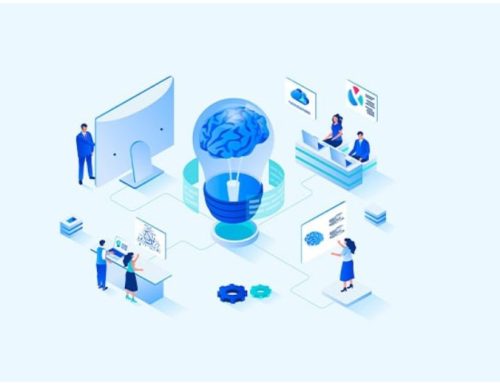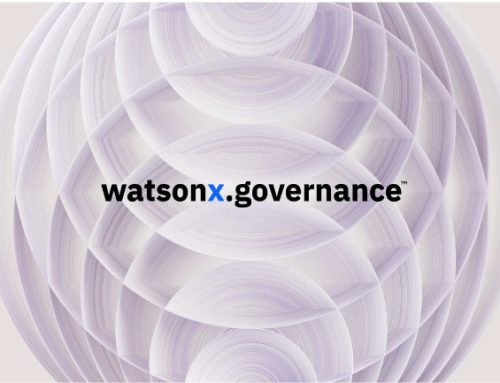
How to reap the benefits of flexible BI development
In this era of information, data is a crucial asset and organizations that can harness, and make the best use of it find themselves far ahead of their competitors. The business climate today is mostly driven by insights and as a result, organizations turn to BI development to enable rapid decision-making and management support, for the overall purpose of boosting performance.
What is BI?
Business Intelligence (BI) refers to a set of processes and technologies that convert large amounts of data into usable and meaningful information to make profitable business decisions. Business Intelligence is a term that combines data mining, data tools, business analytics, data visualization, infrastructure, and best practices to offer easy-to-digest data summaries.
Organizations collect copious amounts of data on a daily basis through internal and external sources such as sales volumes, company budgeting and market surveys.
The data analyzed by business stakeholders may include current and past sales figures, operational costs, customer shopping habits and changes in the market conditions.
Some organizations turn to self-service BI tools for productivity benefits whereas other entities outsource BI developers to ensure accurate and flexible BI development.
Flexible BI development is beneficial for business growth opportunities, raise in profit share, determining employee productivity, detecting risks, and reduction of operational expenses. .
What is a BI developer?
A BI developer is an expert with the skills and ability to leverage software tools and transform available data in order to get useful insights which heavily impact business decisions. This entire process is referred to as BI development.
The most important role of a BI developer is to develop, deploy, and maintain BI tools and interfaces. They are also responsible for simplifying complex information and highly technical language into easier terms for everyone in the organization to comprehend.
BI developers provide quantifiable solutions to complex problems, instead of having the organizations solely rely on mere gut instinct to make crucial business decisions.
When hiring a competent BI developer, the most sought-after skill to consider include:
- Experience with BI tools
- Business analysis skills
- Data analysis background
- DB/DBA background
- Debugging/troubleshooting
Roles and responsibilities of a BI developer
The roles and responsibilities of a BI developer vary depending on the nature of the service they provide. The most common role of a BI developer is to develop the BI interface and work with different tools within to maintain the same.
The duties of a BI developer include:
- Establishing the business needs for BI tools
- Converting business needs into technical ones
- Report curation and data modeling
- Participation in data warehouse design
- Creation of technical documentation for BI tools
- Documentation of data warehouse and meta-data storage contents.
Benefits of flexible BI development
Flexible BI development enables business decision-makers to make more informed, and therefore, better, decisions about how to manage their organizations.
Here are some of the benefits of flexible BI development:
It improves efficiency and productivity
Most organizations leverage BI development to improve efficiency and productivity. With the help of flexible BI development, stakeholders can identify challenges and inefficiencies from the data analyzed, and use this information to find working solutions.
It improves sales
Flexible BI development also improves sales through providing decision makers with analyzed data regarding; customer habits, change in market conditions and the available competition.
It simplifies decision-making
Organizations invest in BI development with the purpose of simplifying their decision making process. Having easily accessible high quality data facilitates rapid data-driven decision making, since all the insights to consider are made available courtesy of BI development.
It reduces costs and expenses
Having both real time and past records of costs analyzed and easily accessible enables organizations to harness such data to reduce day-to-day operational costs.
In Conclusion
Flexible BI development gives organizations a competitive advantage by collecting information through market surveys and other records, which is analyzed to provide insights used to create lasting solutions to any challenges like high operation costs, employee productivity among others.
Is your organization in need of flexible BI development?
Let the experts at ASB Resources guide you as you begin the process of harnessing the benefits of flexible BI development. Schedule a call with one of our experts today!








